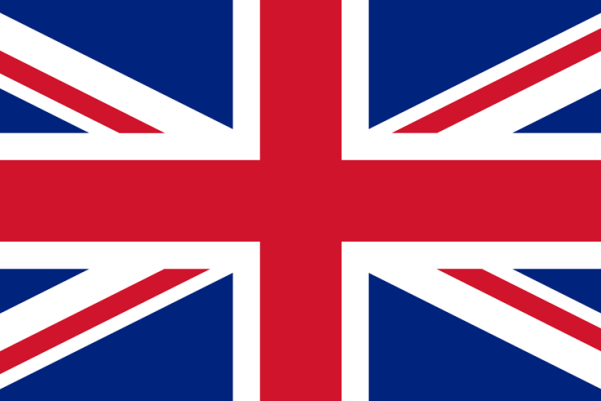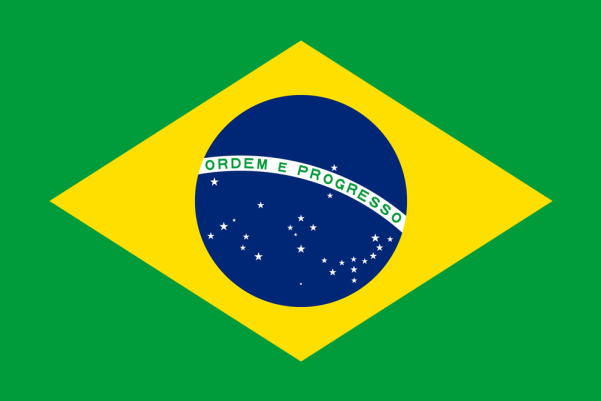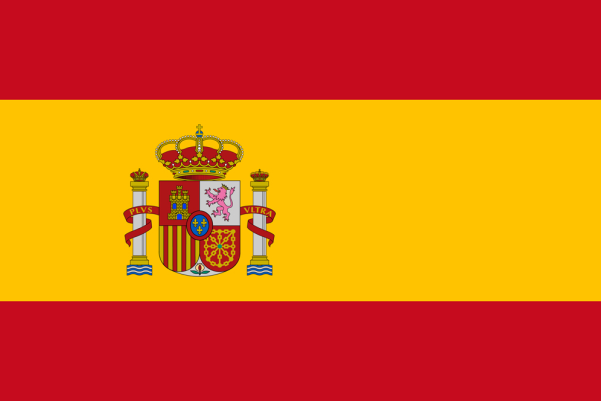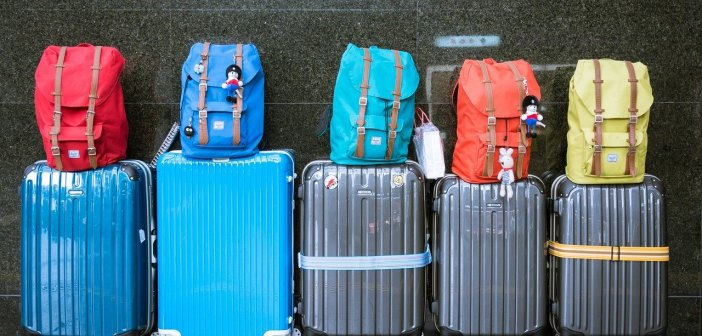The tourism sector has been one of the most affected by the worldwide pandemic—what is the outlook for things to come?
Given its reliance on mobility, the tourism sector was perhaps one of the hardest hit by the prolonged isolation necessitated by the pandemic. A sustained “pause” of activities is not only disruptive but commercially disastrous. With the gradual relaxation of isolation measures, however, some European countries can already begin the process of gradually reopening for business, which includes reinvigorating tourism, hospitality, etc.
 Europe accounts for half of the world’s tourism and was one of the epicentres of Covid-19. Naturally, this has had a devastating impact and left the sector vulnerable amid future uncertainty. After all, how do you instil sufficient confidence to motivate international consumers to travel again? This is a daunting challenge for tourism specialists and marketing departments alike. Consider this: Spain played host to seven million tourists in April 2019, compared to zero in April 2020.
Europe accounts for half of the world’s tourism and was one of the epicentres of Covid-19. Naturally, this has had a devastating impact and left the sector vulnerable amid future uncertainty. After all, how do you instil sufficient confidence to motivate international consumers to travel again? This is a daunting challenge for tourism specialists and marketing departments alike. Consider this: Spain played host to seven million tourists in April 2019, compared to zero in April 2020.
But how, realistically, can we ensure that reopening is safe? How can we mitigate against further outbreaks of the virus if proximity between people favours further spread? Well, this is a global quandary, and to overcome this issue we will need clear alignment and ongoing awareness of the issues at hand. Beaches in Spain, for example, are reopening for the summer but under strict guidelines for bathers. In addition, the government plans to launch an app that notifies tourists about overcrowding on beaches in a given region, in real-time. Spain’s focus will be mostly on regional tourism, specifically visitors from Portugal and France, given the restrictions in place on many international flights from further afield.
 Some hotels are also preparing specific security measures to ensure their guests’ safety, including transfers to and from airports. Some of the measures, such as strict social distancing, the use of face masks and hand sanitiser, are already enforced by public health agencies. These rules, of course, also apply to staff and require their stringent adherence too. Even so, it is difficult to imagine that things will ever be quite the same, at least for now, so it is essential that we all do our part to collaborate and follow the guidance.
Some hotels are also preparing specific security measures to ensure their guests’ safety, including transfers to and from airports. Some of the measures, such as strict social distancing, the use of face masks and hand sanitiser, are already enforced by public health agencies. These rules, of course, also apply to staff and require their stringent adherence too. Even so, it is difficult to imagine that things will ever be quite the same, at least for now, so it is essential that we all do our part to collaborate and follow the guidance.
The European Commission’s website offers guidelines for both travellers and employees from various tourism sectors. Among them, those decreed by the World Health Organization. There is also information relating to appropriate behaviour at airports and border crossings. The general orientation is to maintain impeccable hygiene, restrict the constant flow of people, provide employees with personal protective equipment, remove benches and tables from public spaces to avoid the congregation of crowds, and create visual cues of encouraging social distancing (such as instructional floor adhesives).
 The biggest problem at the moment is unpredictability. As far as any consensus from the tourism sector is concerned, only one thing is clear: there’s no way of knowing what will happen in the coming months. It is almost impossible to define or determine how people, or indeed the virus, will behave. Although quarantine orders have been lifted in some places, it is quite likely that some regions will need to go back into lockdown as we experience isolated spikes in infection rates. And therein lies the problem of preventing the movement of people, which, let’s face it, is no easy feat, especially after such a prolonged period of isolation.
The biggest problem at the moment is unpredictability. As far as any consensus from the tourism sector is concerned, only one thing is clear: there’s no way of knowing what will happen in the coming months. It is almost impossible to define or determine how people, or indeed the virus, will behave. Although quarantine orders have been lifted in some places, it is quite likely that some regions will need to go back into lockdown as we experience isolated spikes in infection rates. And therein lies the problem of preventing the movement of people, which, let’s face it, is no easy feat, especially after such a prolonged period of isolation.
One of the most immediate needs for the European Union is unity; a clear understanding between countries about how to combat COVI-19. Since there is no way of predicting what will happen over the coming months, the prudent play is to prepare a series of easy-to-adapt measures across the continent, especially in the countries that rely heavily on tourism.

















